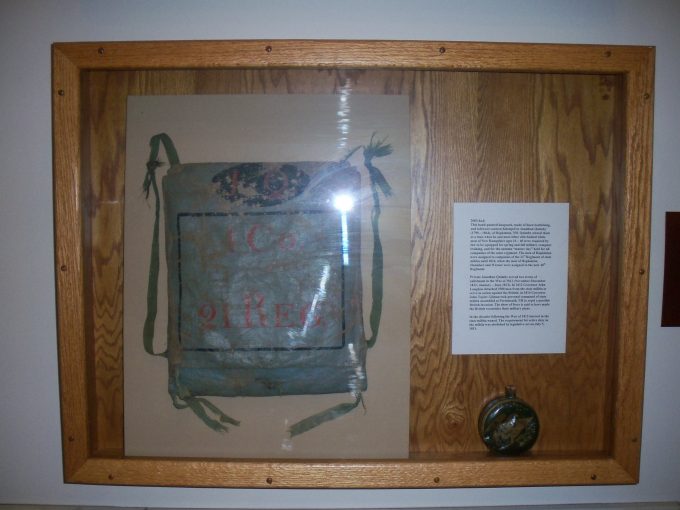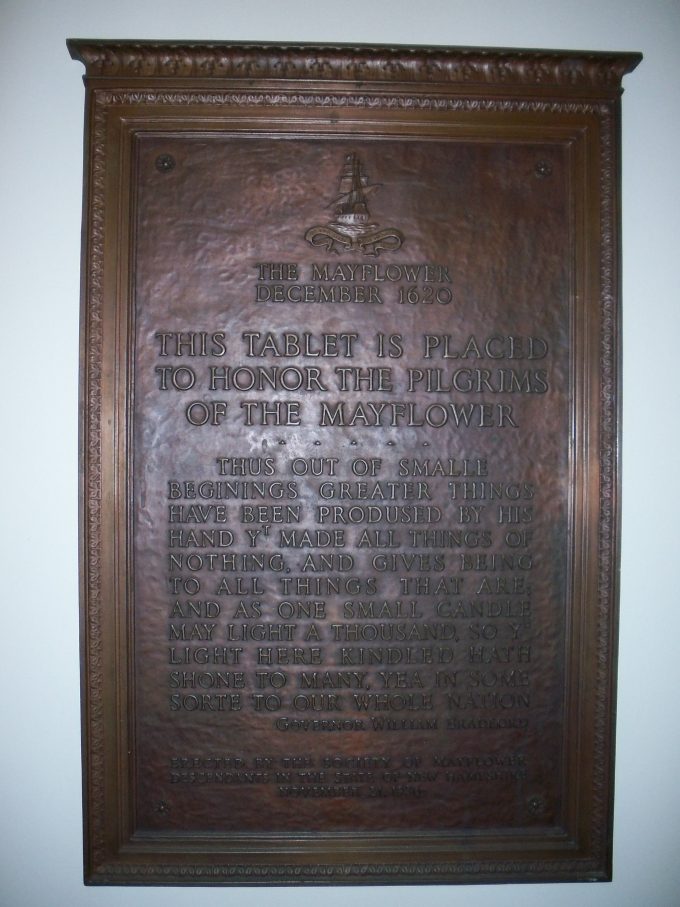
Monday, 11 March 2019
For those who say such things declare plainly that they seek a homeland. Hebrews 11:14
The word “For” is based upon the words of the previous verses dealing with Abraham, Isaac, and Jacob. It is they “who say such things.” This is referring to words such as being a stranger and a sojourner which Abraham declared before the sons of Heth, proclaiming the days of one’s pilgrimage (meaning being one who is on a religious quest to a place of worship) as Jacob did before Pharaoh, and other such utterances.
When people say such things, they “declare plainly.” The word means “to make manifest.” There is an intent in them which is brought forth in the very words they speak. When a Christian says, “This isn’t my home,” it is a manifestation of a desire to be taken to his “real home.” A person who believes that this is his one chance at life would never speak in such a way. Rather, he will be sure to take every opportunity to increase his station in this life in whatever way he feels will be the most beneficial to that station.
However, when one makes it manifest that this is not their final destination, it indicates “that they seek a homeland.” Here the word is patris. It indicates a fatherland, and thus one’s homeland. A person may be in the foreign service, or in a company in a foreign country, for many long years. He may have a house and lots of goods accumulated during that time, but he will still speak of returning home when his service is complete. This is the idea which is spoken of here.
The walk for a believer is one which anticipates a home that he longs to return to. Even if he has never actually been there, he was there in his first father, Adam. As all humans were potentially and seminally in Adam when he was created, there is a connection back to what he experienced. For the believer, there is a desire to go where Adam had been. The child of the person in the foreign service mentioned above may have the same longing to return to his father’s country as his father had. Should the father die, the son may make an appeal to return to the land of his father. This is the idea being conveyed here. Abraham, Isaac, and Jacob understood this. Faithful believers in Messiah continue to understand it today.
Life application: It really is a wonderful thing to hear a Christian say, “This ain’t my home.” This is especially so when he is receiving a reward, honor, or is just having a great day. When things are going wrong, or when life is beating you up, it is easy to wish for another home without the difficulties and trials of the moment, but when things are going right and you still can say this – wow! That is true dedication to the promises of the Lord.
When this is the heart’s desire of a faithful believer, and yet difficult times to come, their hope and faith are only increased, not shaken. On the other hand, if a person is happily content to put off the Lord’s coming for another day, then when trials come, the response may be different. Yes, their faith may be strengthened during the trial, but the pressure of the ordeal will certainly be greater than it otherwise would have been. Today, even right now, check out your faith level. Is there anything coming in life that would make you say, “I hope the Lord waits just a little while before coming”? Other than desiring the salvation of another person, there should be nothing more anticipated than the promise of His return. This is exactly why we should be evangelizing at all times.
Keep your eyes on Jesus through the good and the bad, and look for a country of your own in the life to come.
“Oh come, let us sing to the Lord!
Let us shout joyfully to the Rock of our salvation.” Psalm 95:1
Lord Jesus, fill our souls with a longing for You alone. May nothing ever take our eyes off of You, and may nothing ever divert our thoughts from the glory of Your majesty. How precious to us is the day that You return to take us home! And may that day be soon. Amen.




